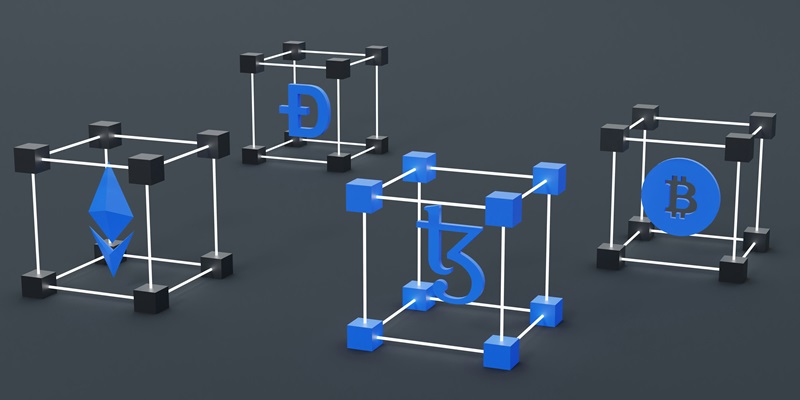In a significant recent development, the Penpie protocol, a decentralized finance (DeFi) platform built atop Pendle, has suffered a severe attack leading to a loss of $27 million in client funds. This exploit has forced Penpie to suspend all deposits and withdrawals temporarily as a precautionary measure. The hacker was traced to a specific address, and Pendle representatives have tried to reassure users by confirming that other customer funds remain secure, although all contracts have been halted to ensure safety.
Rising Trend of Cryptocurrency Hacks in 2024
Increasing Incidents Impacting DeFi and CeFi Spaces
The exploit of the Penpie protocol is part of a broader trend of increasing cryptocurrency hacks in 2024. According to a report from Immunefi, more than $1.2 billion has been stolen through various exploits and hacks this year alone. This marks a staggering 15.5% increase from the previous year, highlighting the growing threat within the crypto ecosystem. These incidents have occurred across 154 individual cases, with the majority impacting decentralized finance spaces. However, centralized finance infrastructures have also experienced significant monetary losses due to their larger pools of capital, making them attractive targets for cybercriminals.
PeckShield’s report further underscores the severity of the situation, noting that cryptocurrency monetary losses from hacks exceeded $313 million in August 2024 alone. This staggering figure included two major attacks that resulted in the theft of $238 million in Bitcoin and $55 million in Dai. The considerable financial losses from just a couple of incidents illustrate the substantial impact an individual breach can have on the broader financial ecosystem. Additionally, the rise in phishing attacks has compounded these losses, with August 2024 registering a 215% increase in monetary losses compared to the previous month, despite a decrease in the number of phishing incidents.
Detailed Overview of Recent Major Hacks
Despite fewer phishing attacks in August than in July, the value of the stolen funds increased significantly. This trend indicates the increased effectiveness and sophistication of these attacks. Hackers are becoming more adept at employing advanced tactics to exploit vulnerabilities in both DeFi and CeFi platforms. Immunefi’s CEO, Mitchell Amador, has emphasized that the DeFi space remains a prime target for these malicious actors. However, the financial repercussions of breaches on centralized platforms can also be substantial due to the significant amounts of capital they manage.
The growing sophistication of these attacks poses a severe challenge to the security protocols currently employed by cryptocurrency platforms. Cybercriminals increasingly use methods that bypass traditional security measures, necessitating the constant evolution and enhancement of cybersecurity strategies within the industry. The consistent rise in both the frequency and financial impact of these exploits underscores the urgent need for improved safeguarding measures to protect investor assets and maintain trust in the cryptocurrency market.
Necessity for Enhanced Security Measures
Developing Robust Cybersecurity Strategies
The Penpie protocol attack and the broader trend of increasing cryptocurrency hacks highlight the pressing need for the industry to develop and implement more robust cybersecurity measures. As exploits become more sophisticated, traditional security methods are proving inadequate. Cryptocurrency platforms must invest in cutting-edge technologies and rapid response protocols to counteract the growing capabilities of malicious actors. This investment is crucial for mitigating financial losses and protecting investors’ assets from future attacks.
Furthermore, the industry must recognize the importance of collaboration and information sharing among platforms. By working together, cryptocurrency companies can share knowledge about emerging threats and effective defense mechanisms, creating a more secure and resilient financial ecosystem. Increased regulatory oversight and compliance can also play a significant role in enhancing the security of both decentralized and centralized finance infrastructures. Regulators can help establish standardized security practices that all platforms must follow, ensuring a consistent approach to safeguarding client funds.
The Path Forward for Crypto Security
In a recent major incident, the Penpie protocol—a decentralized finance (DeFi) platform utilizing Pendle—was the target of an attack, resulting in the theft of $27 million in client funds. As a result of this significant breach, Penpie has taken the cautious step of suspending all deposits and withdrawals to prevent further damage. The responsible hacker’s address has been identified, aiding the investigation. Representatives from Pendle have tried to reassure concerned users by confirming that the remaining client funds are safe. However, as a preventive action, all contracts have been temporarily halted. This event highlights the inherent risks in DeFi platforms, which, while innovative and offering new financial opportunities, also present substantial vulnerabilities. The attack on Penpie serves as a strong reminder of the importance of robust security measures and continual vigilance in the crypto space. As the industry evolves, stakeholders must prioritize security to protect assets and maintain trust in decentralized financial ecosystems.

